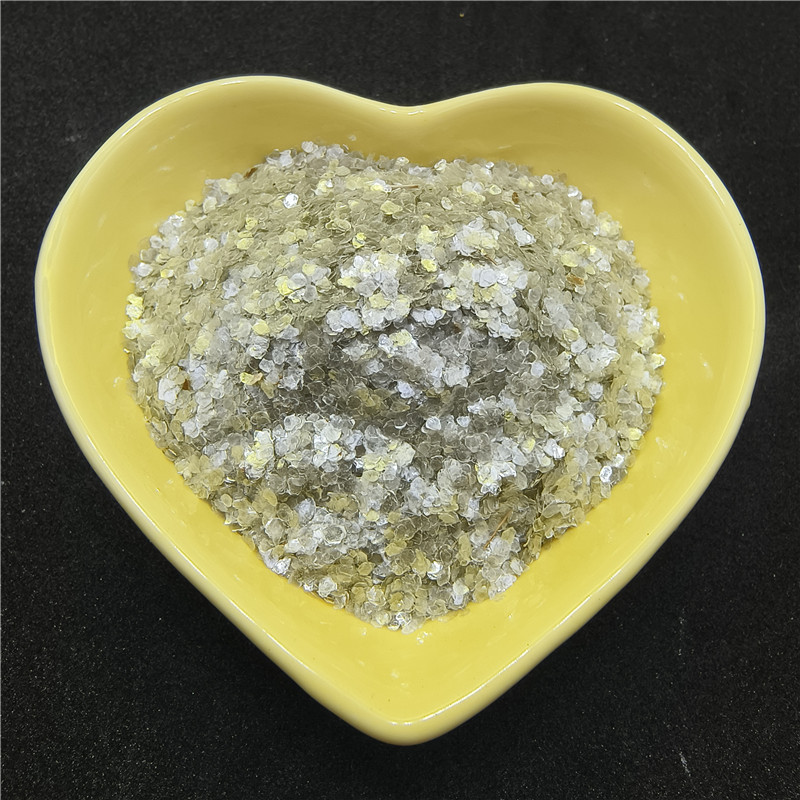
Understanding the Formation and Properties of Zeolite Rocks in Geology
The Fascinating World of Zeolite Rocks
Zeolite rocks are a unique and fascinating geological phenomenon that have captured the interest of scientists, industry professionals, and nature enthusiasts alike. Composed primarily of zeolite minerals, these rocks exhibit intriguing properties that have valuable applications across various fields, including environmental science, agriculture, and even medicine. Understanding the formation, composition, and uses of zeolite rocks not only highlights their importance in nature but also reveals their potential for contributing to sustainable practices.
Formation and Composition
Zeolites are crystalline aluminosilicates characterized by an open framework structure that contains micropores and a three-dimensional network of channels. These minerals typically form from the alteration of volcanic ash and can be found in sedimentary rocks or as secondary minerals in volcanic environments. The most common zeolite minerals include clinoptilolite, chabazite, and mordenite.
The formation of zeolite rocks primarily occurs through volcanic activity, where ash is deposited and undergoes a process of chemical weathering and hydrothermal alteration over time. This process can take thousands to millions of years, ultimately resulting in the formation of highly porous rocks with a unique ability to absorb and exchange ions. This characteristic is primarily due to the presence of cations like sodium, potassium, calcium, and magnesium, which can be substituted with other ions in the environment, making zeolites invaluable in various applications.
Environmental Applications
One of the most significant aspects of zeolite rocks is their role in environmental science. Their remarkable ion-exchange capacity makes them effective in water purification processes. Zeolites can be used to remove heavy metals and radioactive pollutants from wastewater, showcasing their potential in environmental remediation efforts.
Moreover, zeolites have been employed in soil conditioning to enhance agricultural productivity. When added to soil, zeolites improve water retention and nutrient availability, reducing the need for chemical fertilizers and promoting sustainable farming practices. This natural alternative helps mitigate the environmental impact of conventional agriculture, as zeolites work to maintain soil health and biodiversity.
zeolite rocks

Industrial Uses
The versatility of zeolite rocks extends into various industrial applications. They are widely used in the production of detergents, where their absorbent properties help to soften water and enhance cleaning efficiency. Additionally, zeolites are used in petrochemical refining processes as catalysts, increasing the yield of valuable products while reducing harmful emissions.
In the construction industry, zeolites are being investigated as additives in cement and concrete. Incorporating zeolite into building materials can improve their strength and durability while reducing the overall environmental footprint of construction practices. This innovative use of zeolite reflects a growing trend towards sustainable building practices that prioritize resource conservation and minimize waste.
Medical Applications
Interestingly, zeolite rocks have also found their way into the field of medicine. Some research suggests that certain types of zeolites possess detoxifying properties and may help in removing toxins from the body. This has piqued the interest of researchers exploring their potential use in dietary supplements and health products. However, it is crucial to approach this area with cautious optimism, as further studies are required to fully understand the efficacy and safety of zeolite-based health products.
Conclusion
In conclusion, zeolite rocks represent a remarkable intersection of geology, environmental science, industry, and health. Their unique properties—stemming from their crystalline structure and ion-exchange capacity—enable a wide range of applications that promote sustainability and innovation. As the world increasingly faces environmental challenges, the study and utilization of zeolite rocks may play a vital role in developing efficient solutions for water purification, agriculture, and beyond. By embracing the potential of these natural wonders, we can foster a greater understanding of our environment and work towards a healthier, more sustainable future.
Share
-
Premium Natural Zeolite Sand – Custom Manufacturers & Factories High Purity & Versatile UseNewsJul.04,2025
-
Premium Microsilica Silica Fume Powder Custom Manufacturers & Factories SolutionsNewsJul.04,2025
-
Premium Clay Pebbles for Drainage – China Manufacturer & OEM Factory SolutionsNewsJul.04,2025
-
Vermiculite Wholesale – Premium Quality, Bulk Supply & Competitive PricingNewsJun.10,2025
-
Premium Glass Pebbles Custom Glass Pebbles Factory & OEM Manufacturer Reliable Custom Glass Pebbles FactoriesNewsJun.10,2025
-
Expert Custom Zeolite Producers Manufacturers & FactoriesNewsJun.10,2025






